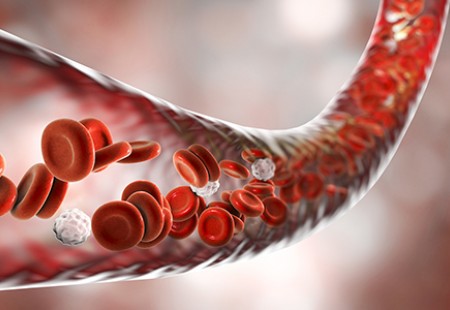Tinnitus
Tinnitus is the perception of sound when no external source is present. It has affected people for centuries and is estimated to impact up to 20% of the global population1, and nearly 1 in 10 New Zealanders2.
Technically, tinnitus isn’t a condition on its own but a symptom of an underlying issue. It can be frustrating, though it rarely signals anything serious, and while there’s no cure, there are ways to manage it effectively. If you’re concerned about tinnitus, your local audiologist can help.
Symptoms
Tinnitus can vary from person to person. Common descriptions include ringing, buzzing, humming, roaring, hissing or cicada-like sounds. Some people notice it constantly, while for others it comes and goes, and it may affect one ear, both ears, or feel like it’s “in the head.”
Causes of tinnitus
Tinnitus can have several different causes, and the exact reason isn’t always clear. The most common is damage to the tiny sensory cells in the inner ear, which can send irregular signals to the brain and create the phantom sounds we hear as tinnitus. Other factors can include hearing loss, ear problems such as infections or wax buildup, and certain health or circulation issues that affect the nerves.
Risk factors and associated effects
Certain attributes can increase the likelihood of developing tinnitus, including age, history of loud noise exposure, being male, heart conditions and smoking. While tinnitus isn’t a condition itself, it can still affect daily life, with some people experiencing sleep disturbances, mood changes, anxiety, depression, irritability, fatigue or stress.
Diagnosis
Diagnosing tinnitus starts with a physical exam of your ears, head, and neck, along with a review of your health history and symptoms. Your audiologist will ask when it started, how long it lasts, which ear is affected, and any triggers. They may also perform an otoscopy, a hearing assessment, and tinnitus matching to determine pitch and volume. These steps guide personalised management and treatment options. Find out more about our tinnitus assessments.
Treatment options
While there’s no cure for tinnitus, there are ways to manage it effectively. Every person’s experience is unique, so treatment is too. For some, it’s as simple as learning to tune it out, while others benefit from a combination of approaches. Your local audiologist will tailor a treatment plan that’s right for you.













